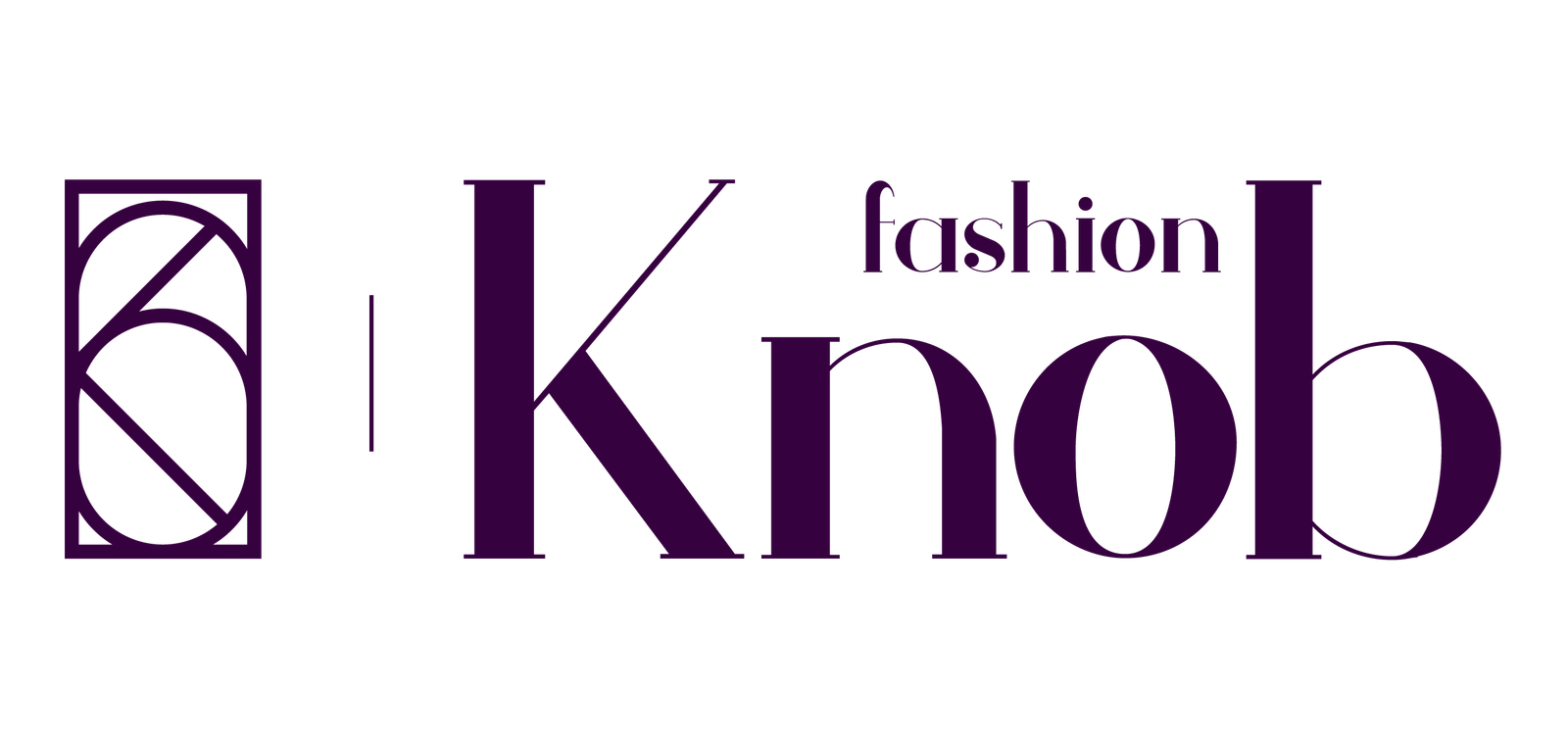The definition of beauty has been contested for ages. While some contend that certain characteristics might define beauty, others maintain that beauty is subjective. What appeals to one individual may not appeal to another. The complexity and allure of beauty stem from its subjectivity. Society standards, the media, cultural norms, and individual tastes all have an impact on how we view beauty. We will discover that beauty really is in the eye of the beholder as we go more into this subject.
Cultural Differences in Beauty
Examining the cultural variations in beauty is one of the best methods to gain an understanding of its subjectivity. Certain civilizations define beauty as having traits like straight hair, tiny waists, or pale complexion. Other cultures value natural hair textures, curvaceous figures, and darker skin tones. This broad spectrum of beauty standards shows how a culture’s beliefs, customs, and history frequently shape what is seen attractive.
For example, whereas slimmer builds and delicate features are frequently praised in some Asian countries, larger body types are considered a sign of prosperity and health in several African cultures. These differences in cultural standards of beauty demonstrate that there is no one characteristic that defines beauty in all contexts. It is a malleable idea molded by our upbringing and life events.
Historical Shifts in Beauty Standards
Over time, the definition of beauty can change significantly, even within the same society. Women with larger frames and pale complexion were viewed as lovely in the fifteenth century since these characteristics represented money and social standing. But by the 1920s, the boyish, slender flapper body was in style in the West. In the twenty-first century, criteria of beauty are even more varied. Narrow definitions are being challenged by body positivity groups nowadays, which encourage acceptance of all body forms and traits.
These changes throughout history serve as a reminder that beauty is a moving target. What was deemed attractive in one time period could not be as appealing in another. This adaptability supports the notion that beauty is arbitrary and ever-changing.
The Role of Personal Preference
What people perceive attractive is largely shaped by personal choice, which takes into account historical and cultural influences. Every individual’s definition of beauty is influenced by their own experiences, beliefs, and aesthetic preferences. While some individuals may find symmetry in faces attractive, others may be more drawn to unusual or distinctive traits.
Beyond physical appearance are also aspects of personal preferences. A person’s perceived attractiveness can be enhanced by traits like compassion, intellect, confidence, or inventiveness in the eyes of others. This implies that beauty can include deeper, more significant qualities that speak to us personally in addition to aesthetics.

Media and the Perception of Beauty
The media has a big impact on how we view beauty in the current world. Advertising and social media influencers are two sources of the pictures and ideas that shape our perception of beauty. Regretfully, the media has frequently pushed unrealistic and constrictive ideals of beauty, which can cause pressure to fit in or feelings of inadequacy.
But the emergence of social media has also provided a forum for a wider range of beauty depictions. Influencers from a variety of backgrounds are supporting self-acceptance, embracing body positivity, and questioning conventional standards of beauty. Instead of allowing the media to define beauty for them, this change is pushing individuals to redefine beauty for themselves.
The Importance of Embracing Individual Beauty
One of the most significant takeaways from the idea that beauty is subjective is the need to embrace individuality. There’s no one definition that applies to beauty. Often, a person’s unique personality, way of presenting themselves, and physical characteristics are what make them beautiful. The beauty business is slowly realizing this and celebrating the diversity of models, skin tones, body types, and other characteristics.
When people accept that beauty is a personal definition, they become more comfortable and self-assured. Instead of attempting to fit into a preconceived template, people ought to focus on embracing and showcasing their inherent beauty. This approach encourages self-love and contributes to a more inclusive definition of beauty.
Self-Acceptance and Confidence
People might become more accepting of themselves when they acknowledge that beauty is a personal experience. They may accept their own distinctive qualities rather than comparing themselves to others or following after flimsy beauty trends. Self-acceptance is a common source of confidence, and that confidence raises one’s perceived attractiveness in the eyes of others.
Furthermore, when we value our own beauty, we stop depending on society norms to judge others’ beauty and instead become more receptive to it. With a wider definition of beauty, we may appreciate people’s generosity, strength, and uniqueness and establish closer connections with them.
Challenging Beauty Norms
It’s critical to question the strict beauty standards that have permeated society. People who don’t fall into specific criteria of what is deemed attractive are frequently excluded by these rules. By challenging these norms, we may build a more accepting society in which beauty is valued in all of its manifestations rather than being limited to a single set of standards.
These obstacles are being dismantled by movements such as body acceptance, natural beauty campaigns, and inclusion in the fashion industry. They are building the foundation for a time when everyone will feel attractive, regardless of how they look.

Conclusion
To sum up, beauty is definitely a subjective concept. It’s a notion that changes and adapts to each individual based on media, culture, historical patterns, and personal choice. Beauty is so distinct and particular because what one person deems lovely may not speak to another. By accepting this subjectivity, we may promote self-acceptance, appreciate variety, and question social conventions. The capacity to see and value beauty in all of its manifestations, in ourselves and in others, is the foundation of true beauty.


